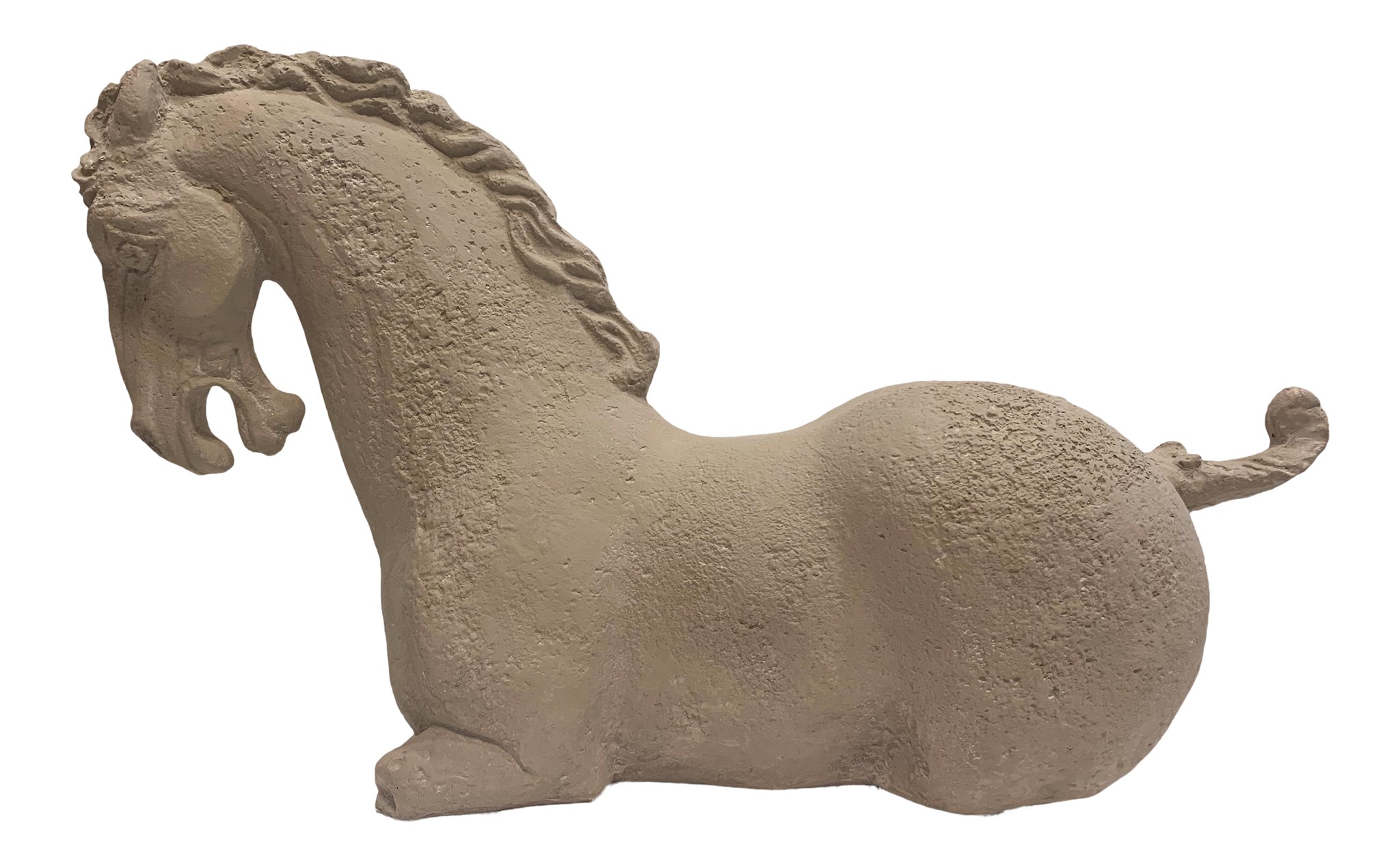Reflection on Wisdom
Once there was a king who had a deep passion for collecting idols. He traveled across his kingdom and even abroad in search of rare and exquisite idols. The king cherished these idols and took great care of them himself.
Among all his idols, there were three that the king loved more than life itself. Everyone in the palace knew how deeply attached he was to these three idols.
One day, while a servant was cleaning these precious idols, he accidentally broke one of them. When the king found out, he was furious and immediately sentenced the servant to death.
Upon hearing the king’s harsh judgment, the servant, in a surprising act, deliberately broke the other two idols as well. Everyone was shocked by this unexpected action.
The king, astonished, asked the servant why he had done such a thing. The servant replied, “Maharaj! I am deeply sorry. These idols are made of clay and are extremely fragile. They did not bring the boon of immortality. Sooner or later, they were bound to break. If someone like me were to break them, they would have faced the same fate, and others might have been unjustly punished because of your attachment. I was already sentenced to death, so I decided to spare the lives of future servants by breaking the other two idols myself.”
Hearing this, the king’s eyes were opened. He realized his mistake and immediately pardoned the servant.
The Lesson of Wisdom:
The servant taught the king a valuable lesson about the importance of life and the folly of letting personal attachments cloud one’s judgment. He also demonstrated that sitting in the seat of a judge comes with the responsibility to uphold justice, free from personal biases and emotions. A king, or anyone in a position of judgment, must understand the significance of justice.
The king realized that while he loved the idols, sentencing a servant to death over them was unjust. True justice requires stepping back from personal feelings and judging fairly.
The king acknowledged that the servant, despite facing an unjust death sentence, had the wisdom to think beyond his immediate situation. The king asked the servant how he managed to remain calm and composed even in the face of death, showing such restraint, harmony, and clarity.
The servant explained, “Before I worked here, I was a servant to a wealthy merchant. My master was pleased with me, but whenever he had a bitter experience, he would often curse God. One day, the merchant was eating a cucumber that turned out to be bitter. He handed it to me, and I ate it without hesitation, as if it were delicious.
The merchant asked, ‘That cucumber was very bitter. How did you eat it so easily?’
I replied, ‘Seth ji, you are my master. Every day you provide me with delicious food. If one day you give me something bitter, what’s the harm in accepting it?’
In the same way, O King, if God has given us so much happiness and wealth, then it is not right to doubt His good will. Birth, life, and death are all His gifts.
Moral:
If we can understand, everything that happens in life is by God’s grace. Whatever God does, He does for our good. Accepting both happiness and sorrow as offerings from God brings true contentment.



